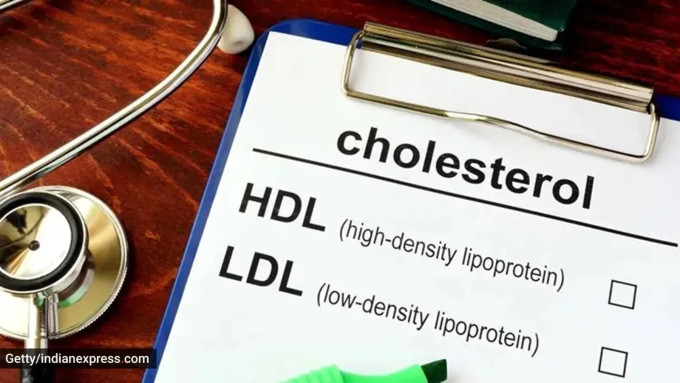Is palm oil as bad as we’ve made it to be?
The Indian Council of Medical Research (ICMR) and the National Institute of Nutrition (NIN) have joined forces to release a vital update to India’s dietary guidelines for 2024.
One of the most unexpected highlights in these updated guidelines is the inclusion of palm oil. While palm oil is often a source of debate, the guidelines acknowledge that moderate consumption can contribute to lower blood cholesterol levels.

These new dietary guidelines aim to empower Indians to make informed choices about their nutrition, ultimately promoting better health and potentially reducing the growing burden of non-communicable diseases (NCDs) affecting the population.
Palm oil has a complex reputation. Often demonised for its saturated fat content, it can surprisingly offer some health benefits. G Sushma, a clinical dietician at CARE Hospitals, explains how incorporating palm oil mindfully can contribute to a healthy diet.
A look at the nutritional content
Palm oil is a mixed bag when it comes to fats. While it does contain saturated fats, which can raise LDL (“bad”) cholesterol, it also offers healthier monounsaturated and polyunsaturated fats.
Additionally, palm oil boasts vitamins A and E, essential for immunity and healthy skin, said Sushma. It even contains antioxidants that fight free radical damage in the body.
 Studies suggest palm oil may raise LDL cholesterol, though not as drastically as trans fats. (Source: Getty Images/Thinkstock)
Studies suggest palm oil may raise LDL cholesterol, though not as drastically as trans fats. (Source: Getty Images/Thinkstock)
Palm oil and cholesterol: A balancing act
Studies suggest palm oil may raise LDL cholesterol, though not as drastically as trans fats. However, a hidden benefit is its ability to raise HDL (“good”) cholesterol, which helps remove LDL cholesterol from the bloodstream, promoting heart health, pointed out Sushma.
Making palm oil a healthy choice
The key to reaping the benefits of palm oil lies in mindful consumption, said Sushma:
Moderation is Key: Treat palm oil just like any other oil – use it sparingly. Excessive saturated fat intake can put your heart health at risk. Aim for a balanced fat intake by incorporating healthy fats from olive oil, fish, nuts, and seeds.
Dietary Balance is Essential: Palm oil should complement a diverse and balanced diet rich in fruits, vegetables, whole grains, and lean proteins. Prioritize whole, nutrient-rich foods over processed options that often contain high amounts of palm oil.
Smart Cooking Practices: Use palm oil for low-heat cooking methods like sautéing and baking. High-temperature methods like frying can generate harmful compounds. Consider blending palm oil with healthier oils like olive oil or canola oil for high-heat cooking.
Sustainable Sourcing Matters: Choose palm oil sourced sustainably, such as those carrying the RSPO (Roundtable on Sustainable Palm Oil) certification. This minimizes the environmental and social impact of palm oil production.
Read Food Labels Carefully: Be aware of hidden palm oil in processed foods by checking ingredient lists and nutritional labels. Opt for products with healthier oil alternatives or those using sustainably sourced palm oil whenever possible.
Palm oil can be a part of a healthy diet when consumed thoughtfully. By prioritising moderation, mindful cooking practices, and sustainable sourcing, you can maximize its benefits while minimizing potential drawbacks.
Disclaimer: The copyright of this article belongs to the original author. Reposting this article is solely for the purpose of information dissemination and does not constitute any investment advice. If there is any infringement, please contact us immediately. We will make corrections or deletions as necessary. Thank you.
